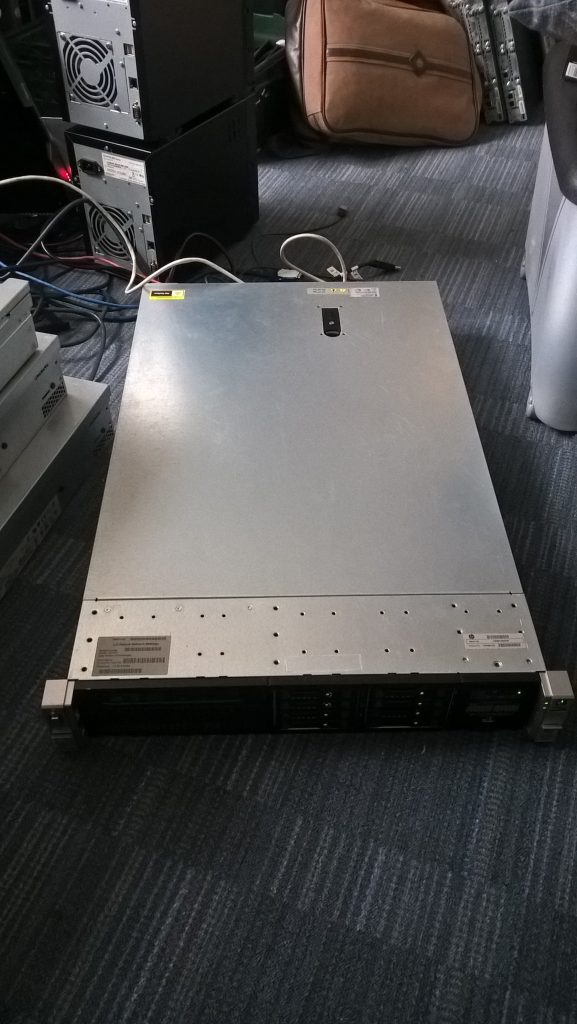Celebrating Florida Recycles Week: Essential Recycling Guidelines
As we mark Florida Recycles Week from November 9-15, alongside America Recycles Day on November 15, it’s an opportune moment to reflect on the significant environmental impact of recycling and to renew our commitment to sustainable practices.
The Remarkable Impact of Recycling
According to Waste Management, North America’s leading residential recycler, more than 15 million tons of materials—including aluminum and steel cans, cardboard, paper, and plastic bottles—were successfully recycled in 2019. This monumental effort translated into tremendous environmental benefits: the conservation of approximately 196 million trees, 46 billion gallons of water, and the prevention of 29 million metric tons of greenhouse gases entering our atmosphere, effectively equivalent to taking 6 million cars off the road each year.
Recycling Right: What You Need to Know
While participation in recycling is crucial, understanding how to do it correctly is equally important. In Florida, residents should focus on recycling only clean and dry paper, cardboard, bottles, and cans placed in their curbside recycling bins.
Here are some essential dos and don’ts to keep in mind:
Dos
- Recycle Clean and Dry: Ensure that all materials placed in your recycling bin are free from food residue and moisture.
- Use Your Bin Wisely: Only put recyclable items in the bin, allowing for effective processing.
Don’ts
- Avoid Plastic Bags: Curbside recycling is not equipped to handle plastic bags or films, such as those used for dry-cleaning or bread. These items can jam machinery and pose serious safety risks. Instead, return them to a participating retailer for proper recycling.
- Don’t Bag Recyclables: Items should be placed loosely in your recycling container. Bagged items are often overlooked and not recycled due to the inability to assess their contents.
Navigating Challenges in Recycling
The recycling industry has faced significant challenges in recent years, particularly with the closure of international markets, such as those in China, to various recyclable materials. However, Waste Management continues to seek local outlets for clean recyclables. Notably, 100% of plastic bottles collected are now being processed in the United States, where they are transformed into new products such as additional plastic bottles, park benches, and playground equipment.
The Path Forward
Despite increases in recycling costs due to market fluctuations and contamination issues, Waste Management is collaborating with local governments to maintain
Share this content:




Thank you for sharing this informative post about Florida Recycles Week and the importance of proper recycling practices. If you’re experiencing issues with displaying this content correctly on your WordPress site, here are a few troubleshooting tips:
target="_blank"andrel="noopener noreferrer"attributes are correctly added for security and proper link behavior.If you’d like, I can assist further by reviewing your code or suggesting plugins to enhance content management. Let me know if you encounter specific errors or display issues!